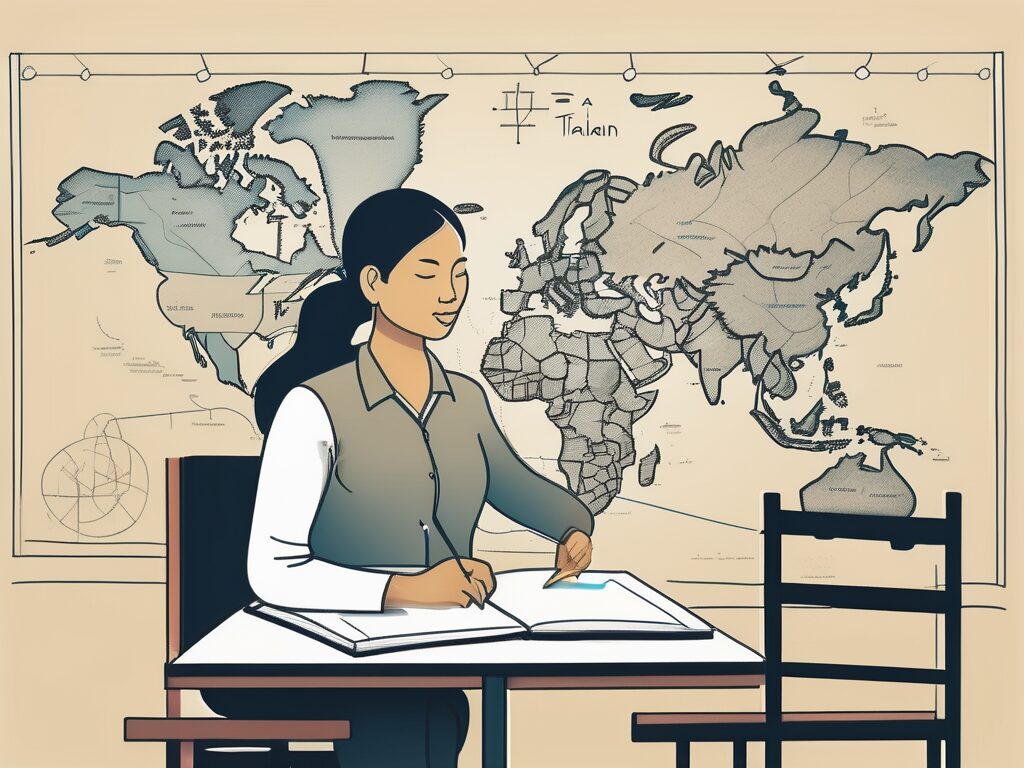What Do You Need to Be a Teacher in Spain?
Are you dreaming of teaching in Spain, surrounded by its rich culture and vibrant lifestyle? Becoming a teacher in Spain is a rewarding journey that opens doors to international opportunities. In this guide, we’ll explore what you need to become a teacher in Spain, from essential qualifications to overcoming challenges.
Table of Contents
- Why is it Important for Aspiring International Teachers?
- Key Skills or Qualifications Required
- Steps to Get Started
- Challenges and How to Overcome Them
- Best Practices and Tips for Success
- Conclusion
Why is it Important for Aspiring International Teachers?
Teaching in Spain offers a unique opportunity to immerse yourself in a new culture while advancing your career. The demand for qualified teachers in Spain is growing, with international schools seeking educators who can bring diverse perspectives to their classrooms. According to recent job market trends, the need for English-speaking teachers in Spain has increased by 20% over the past five years.
Key Skills or Qualifications Required
To teach in Spain, you typically need the following qualifications:
- A bachelor’s degree in education or a related field
- TEFL or TESOL certification for teaching English
- Proficiency in Spanish (B2 level or higher is often preferred)
- Experience in teaching or working with children
Steps to Get Started
Here are the steps to begin your teaching career in Spain:
- Obtain the necessary qualifications, such as a degree and teaching certification.
- Gain experience through internships or volunteer teaching positions.
- Apply for a teaching position in Spain through job portals or recruitment agencies.
- Secure a work visa and complete any required legal documentation.
- Prepare for cultural adaptation and language immersion.
Challenges and How to Overcome Them
Teaching in Spain comes with its challenges, such as language barriers and cultural differences. To overcome these, consider the following strategies:
- Enroll in Spanish language courses to improve communication skills.
- Engage with local communities to better understand cultural nuances.
- Seek mentorship from experienced international teachers in Spain.
Best Practices and Tips for Success
To succeed as a teacher in Spain, keep these best practices in mind:
- Stay updated with educational trends and teaching methodologies.
- Build a network with other educators for support and collaboration.
- Embrace flexibility and adaptability in your teaching approach.
Conclusion
Becoming a teacher in Spain is a fulfilling journey that offers personal and professional growth. By understanding the qualifications, preparing for challenges, and following best practices, you can thrive in this vibrant teaching environment. Ready to take the next step?
Want to become a teacher in a Tier 1 international school? Join the course here.

